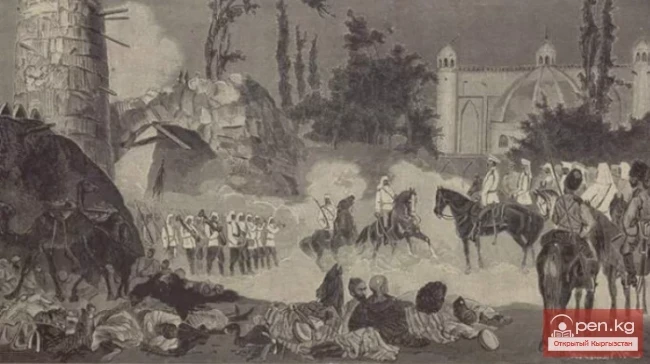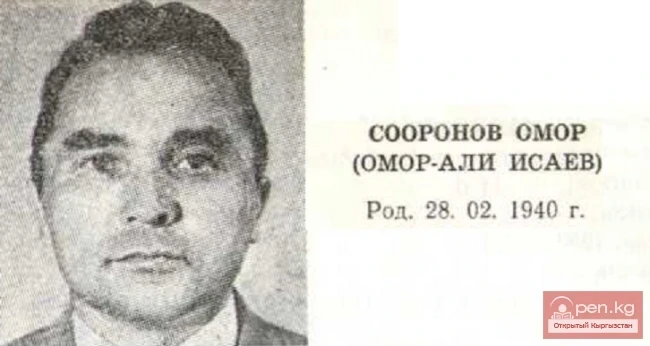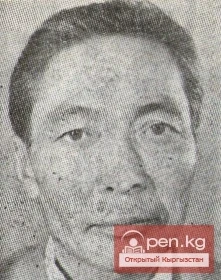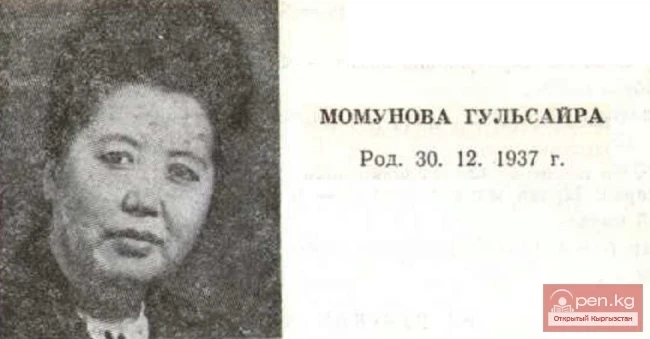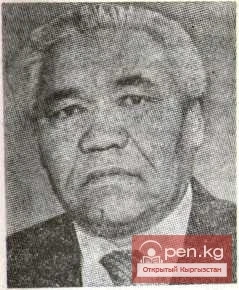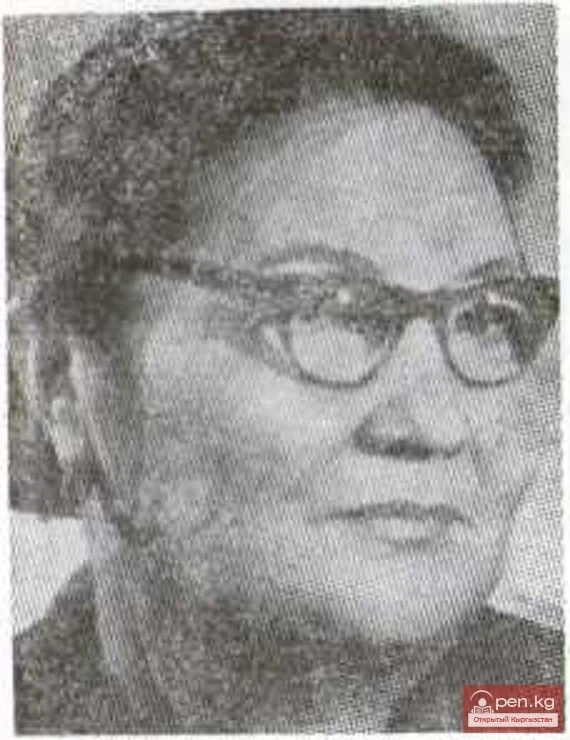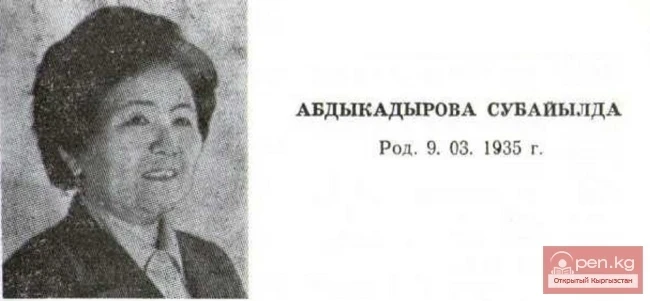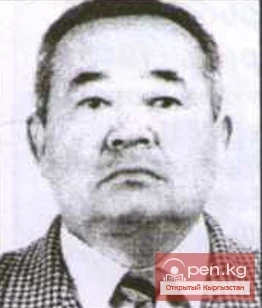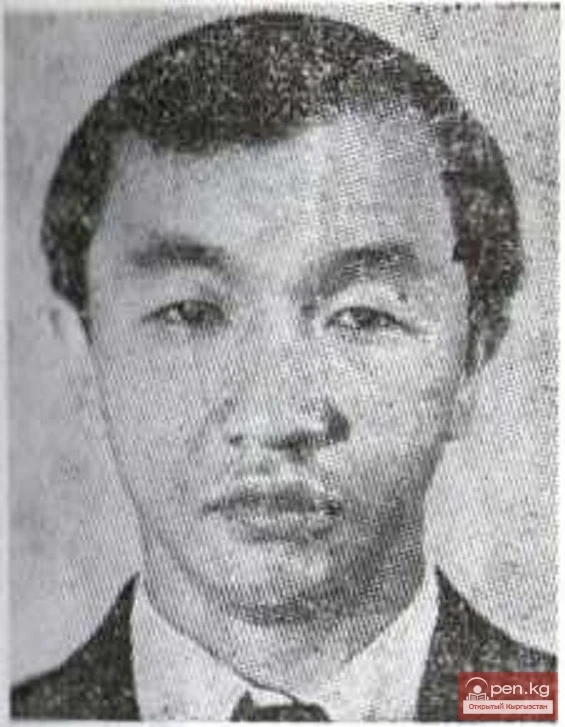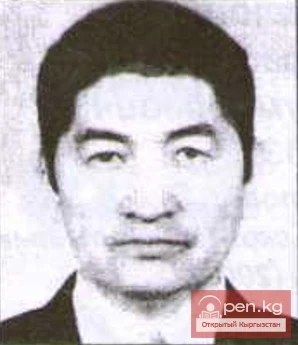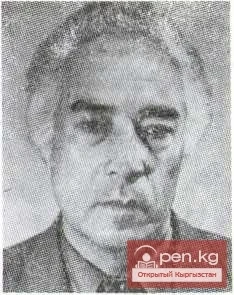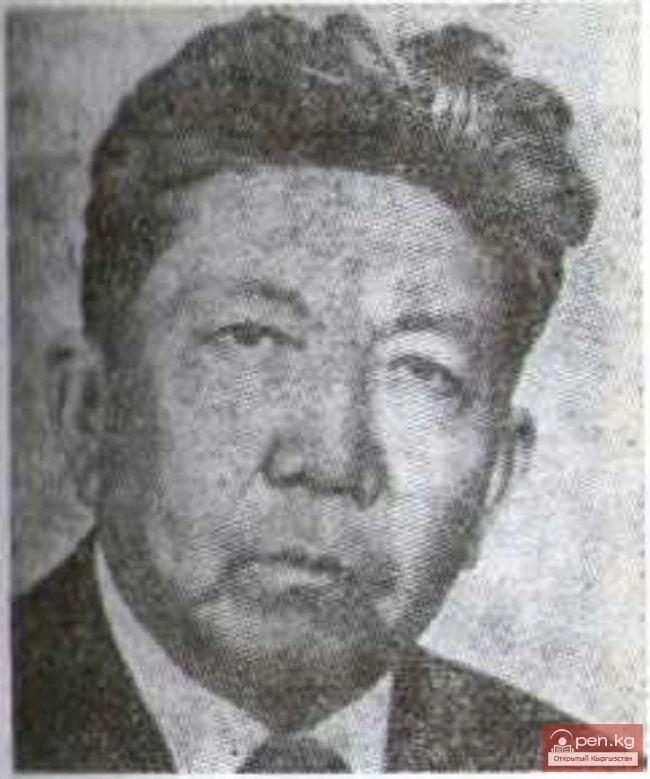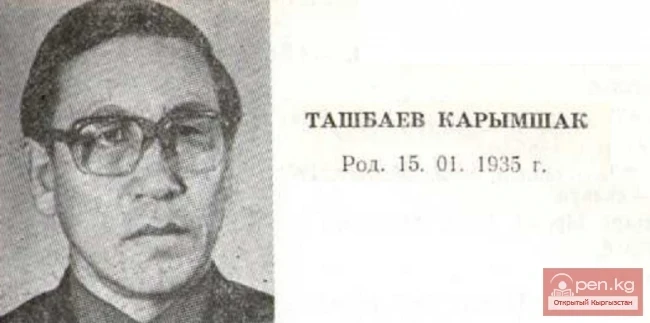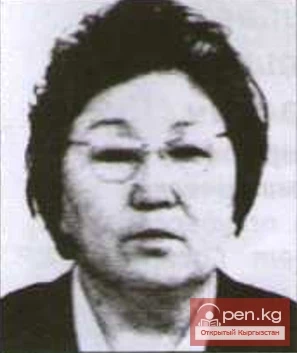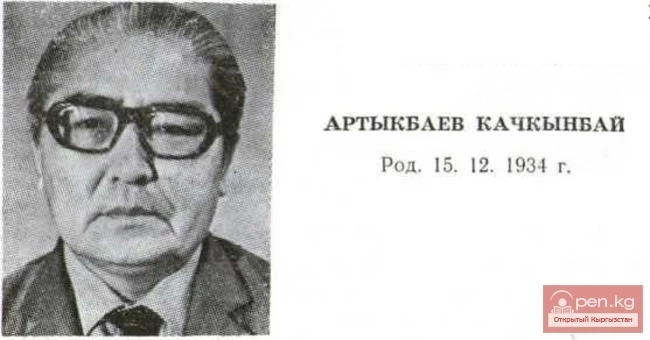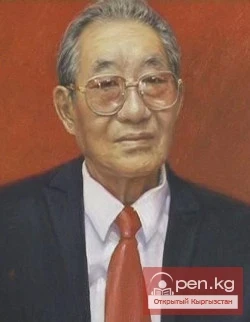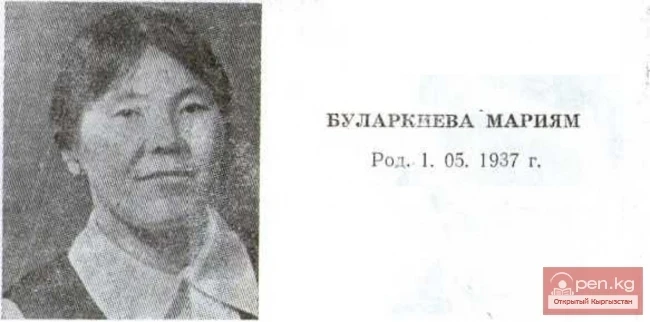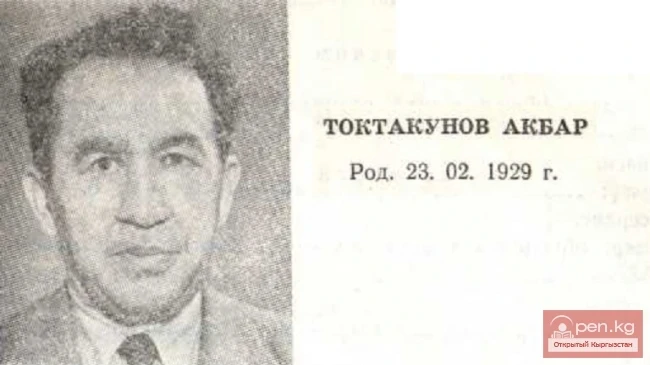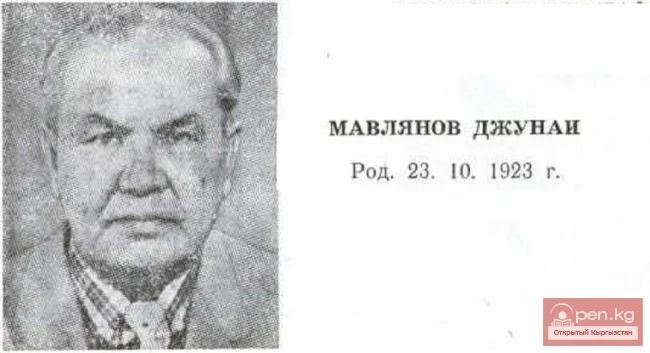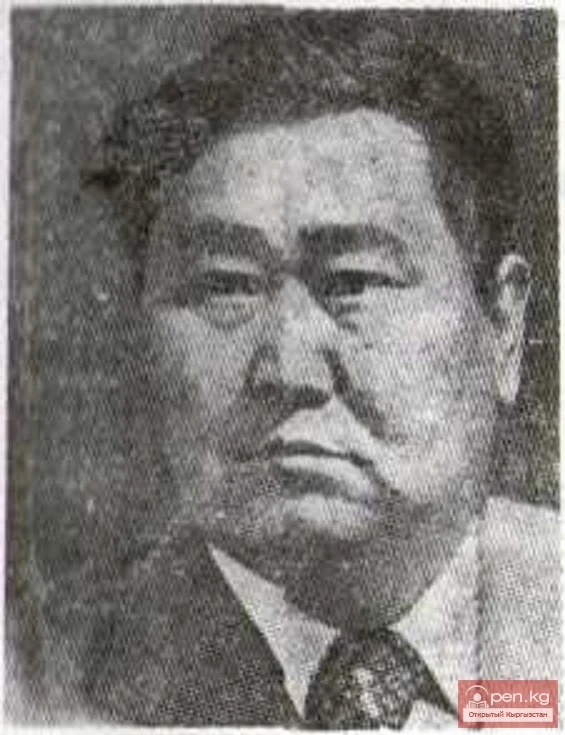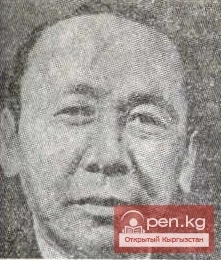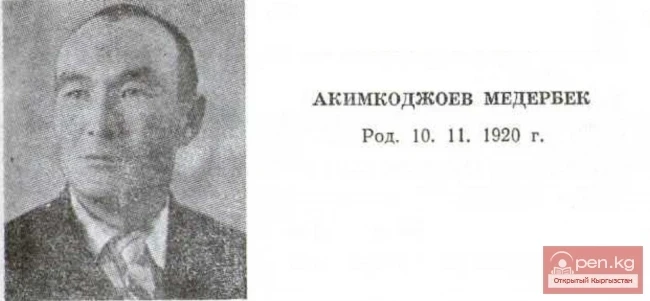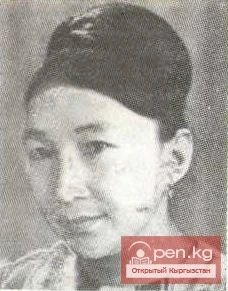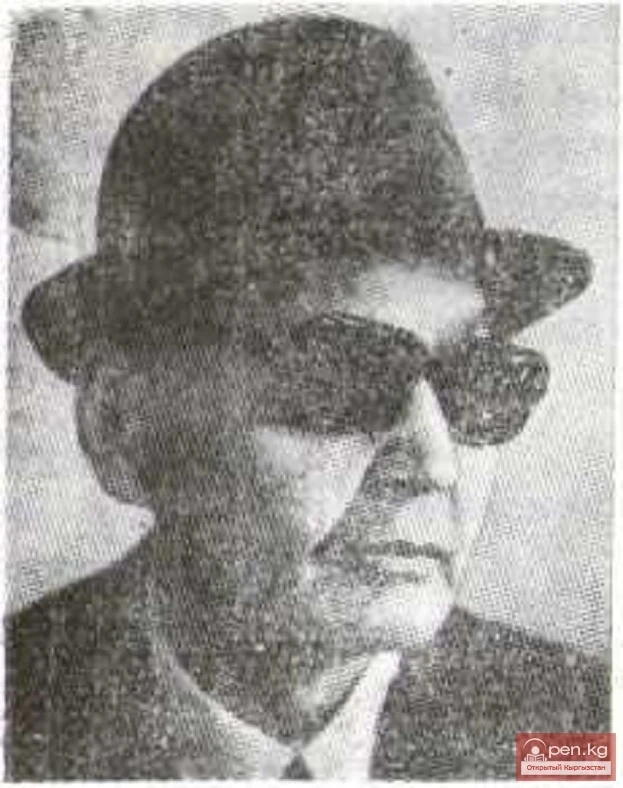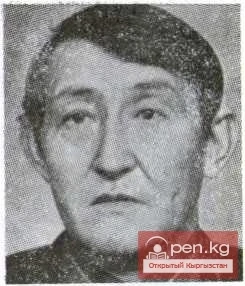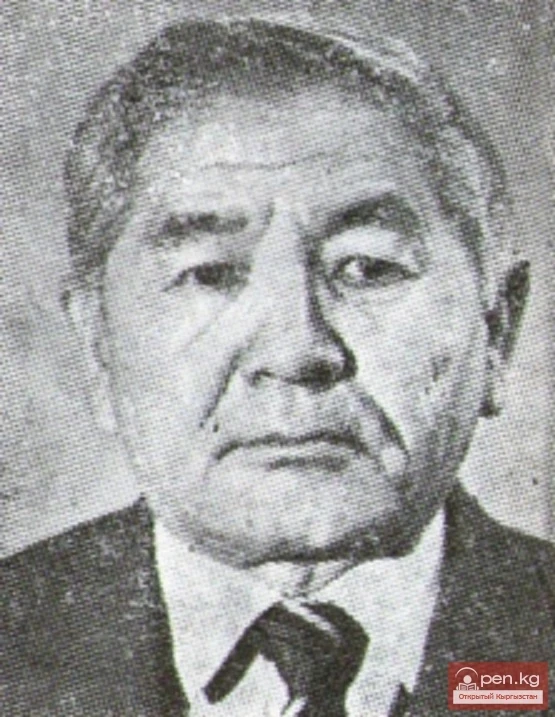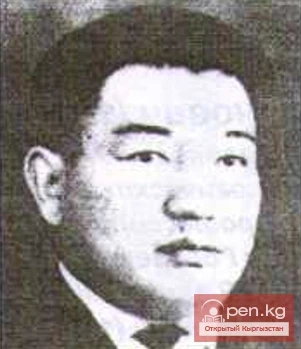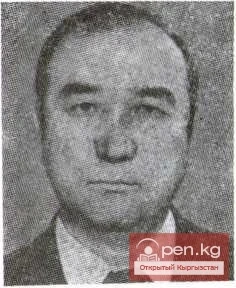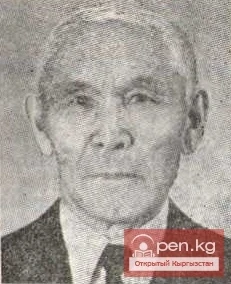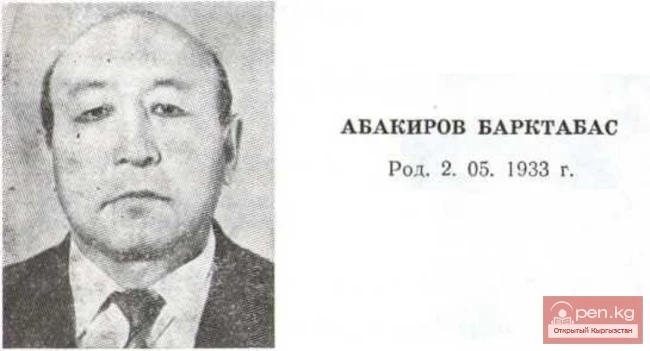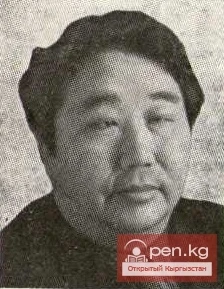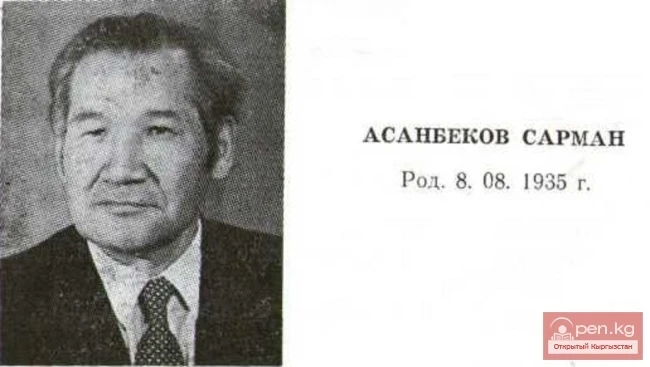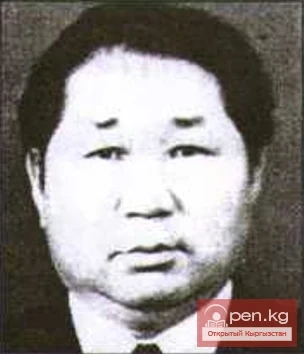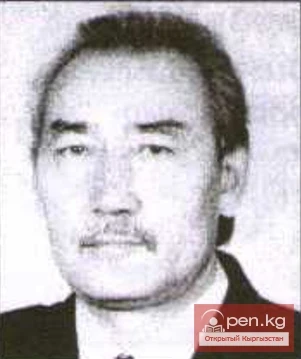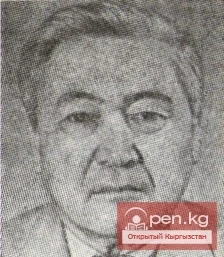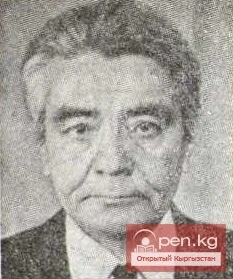Support for the Rebels by the Local Population
The uprising of 1873-1876 began and unfolded as an anti-feudal and national liberation movement. Its driving forces were the Kyrgyz, Uzbek, and Tajik laborers, ordinary herders, artisans, and impoverished peasants, who were devastated by the predatory policies of the Kokand khan and his officials. Representatives of the feudal nobility also participated in this uprising. The occupation of a large part of the khanate's territory by Tsarist Russia led to a sharp reduction in the size of feudal, especially waqf, holdings and a significant decrease in the income of the feudal nobility. Moreover, Khudoyar Khan, relying on the support of the tsarist authorities, ceased to consider the interests of the major feudal lords, even such high-ranking figures as Abdurakhman Aftobachi, Isa-Auliye, and others, who had previously played a significant role in the internal and external affairs of the khanate. All of this infringed upon the interests and privileges of some feudal lords, military officials, the Muslim clergy, and the rulers of individual cities, creating a basis for their joining the uprising.
The representatives of the feudal nobility who joined the uprising managed to partly take the lead among the rebels.
The nature of the uprising in question, like all other historical events, was determined by the participation of the working masses, who constituted its driving force, rather than the actions of the feudal nobility.
Incidentally, the majority of the feudal lords remained aloof from the uprising. They demonstrated their loyalty to the Kokand khans and their protector—the tsarist authorities. Many offered their services to the punitive forces in suppressing the uprising. The tsarist authorities, fearing a popular uprising like fire, did not overlook the representatives of the feudal nobility who showed particular zeal in suppressing the uprising. A substantial pension was granted to former Kokand khans Khudoyar and Nasr-Eddin, against whom the rebels fought, as well as to traitors Abdurakhman Aftobachi, Isa-Auliye, and others.
Thus, the tsarist colonial authorities attempted to strengthen their social base in the region and more actively involve local exploiters in the struggle against the workers' movements for their social and national freedom.
The local population, suffering under the oppression of "their" exploiters and the tsarist authorities, supported the uprising in every possible way and actively participated in it. Even the tsarist officials, who usually downplayed the people's struggle and concealed it from others, were forced to record facts about the sympathy, support, and participation in the uprising of the laboring Kyrgyz who were subjects of Russia. One of them wrote that "the natives, due to the ongoing events (the uprising of 1873-1876—K.U.), were in a state of tension and concealed from the Russian (tsarist—K.U.) authorities what they knew. Alarmist rumors intensified with each passing day, and on August 15 (1875—K.U.), before the uprising of the hundred, I was informed that one could not rely on the Kyrgyz of the Aul-Atin region." Another tsarist official, who actively participated in the punitive actions, noted that the residents of the Khojent district, "like all villagers, were knowingly participating in the uprising, of which there is a great deal of evidence." Under pressure from the facts, the commander of the punitive detachment Skobeleva noted in his report of November 5, 1875: "The residents of the kystaks, although they express support for us, are secretly participating in the general uprising, helping the bands (of the rebels—K.U.) with money and supplies." The tsarist authorities took a number of measures to prevent the uprising from spreading to the territory under their control. In addition to open actions against the rebels, representatives of the colonial authorities, under the threat of death, prohibited the residents of the districts from communicating with the rebels, established military patrols and inspectors who strictly monitored the population of the border areas and arrested suspicious individuals, and also increased police protection. However, all this did not lead to the desired result. As mentioned above, several districts and cities that had joined Russia a few years earlier were engulfed in the flames of the uprising.
Preconditions for the Liquidation of the Kokand Khanate
